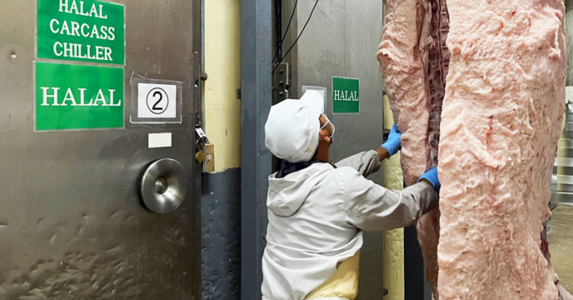To make halal made-in-Japan products available worldwide, NAHA
Nippon Asia Halal Association (NAHA) is the most renowned Halal certification body in Japan. Hear from its founder and director, Dr Saeed Akhtar, about its founding journey and his desire to widen the use of Halal Made-in-Japan products.
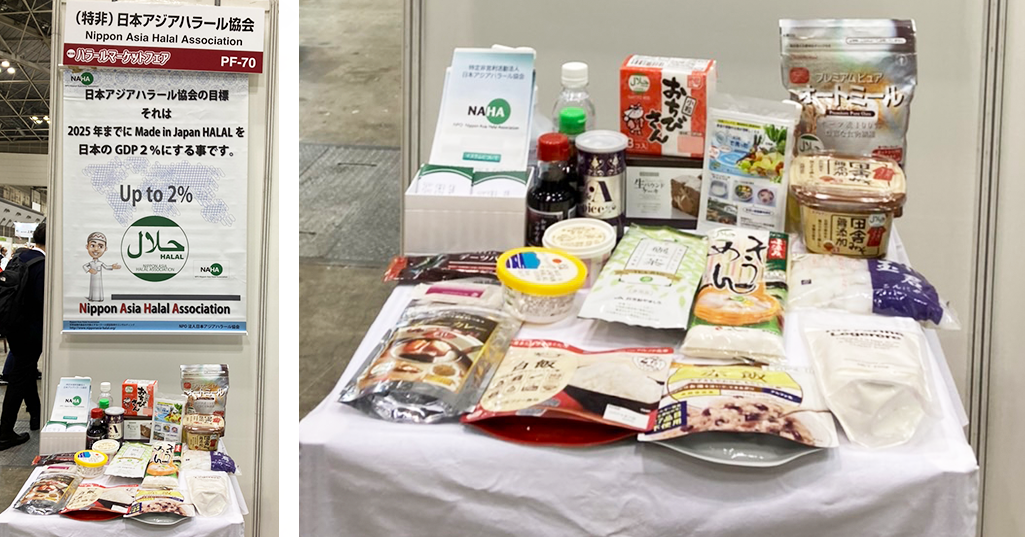
Born in Pakistan, I first came to Japan 26 years ago. At that time, eating was quite a challenge for me as ‘Halal Food’ itself was hardly known in Japan, plus the Japanese language was still new to me. Of course, Japan has many Halal foods. But I just didn’t really know WHICH ones were safe to eat. Because of that, I lost so much weight, up to 13kg.
Through my personal experience, I started dreaming of creating an environment where Muslims can eat with no worries in Japan. I realised Japan should also have a Halal certification body. That is why I created NAHA in 2013.
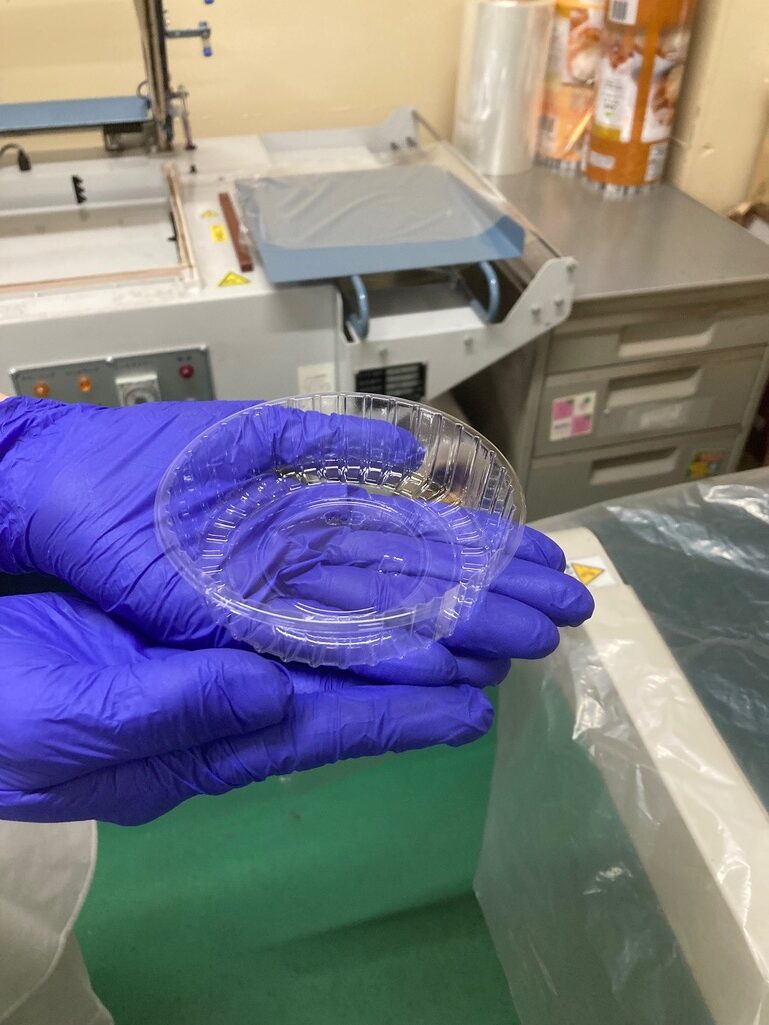
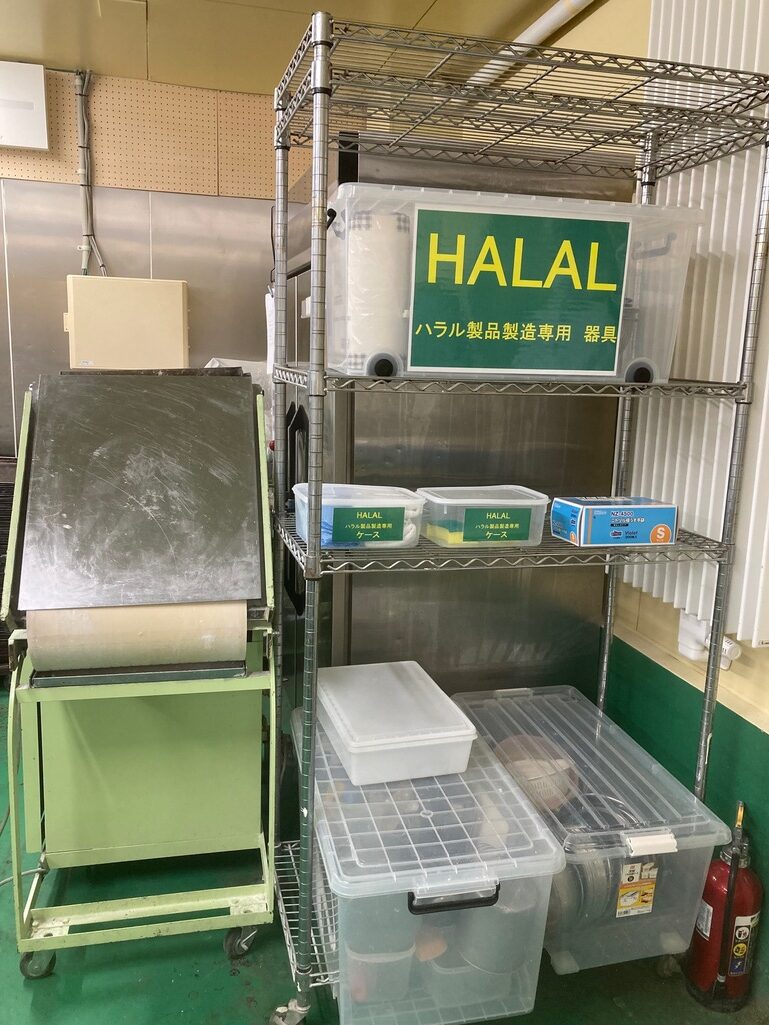
When the association was established, we put a lot of effort into holding seminars and events to raise awareness about the Halal certification system itself.
The JAPAN HALAL EXPO 2014, organised by NAHA at Makuhari Messe, was THE first full-scale international forum in Japan focusing on the Halal industry. Around 30 companies joined the event to showcase numerous Japanese Halal products. Over the years, more and more companies have participated, reaching more than 100 companies in 2016.
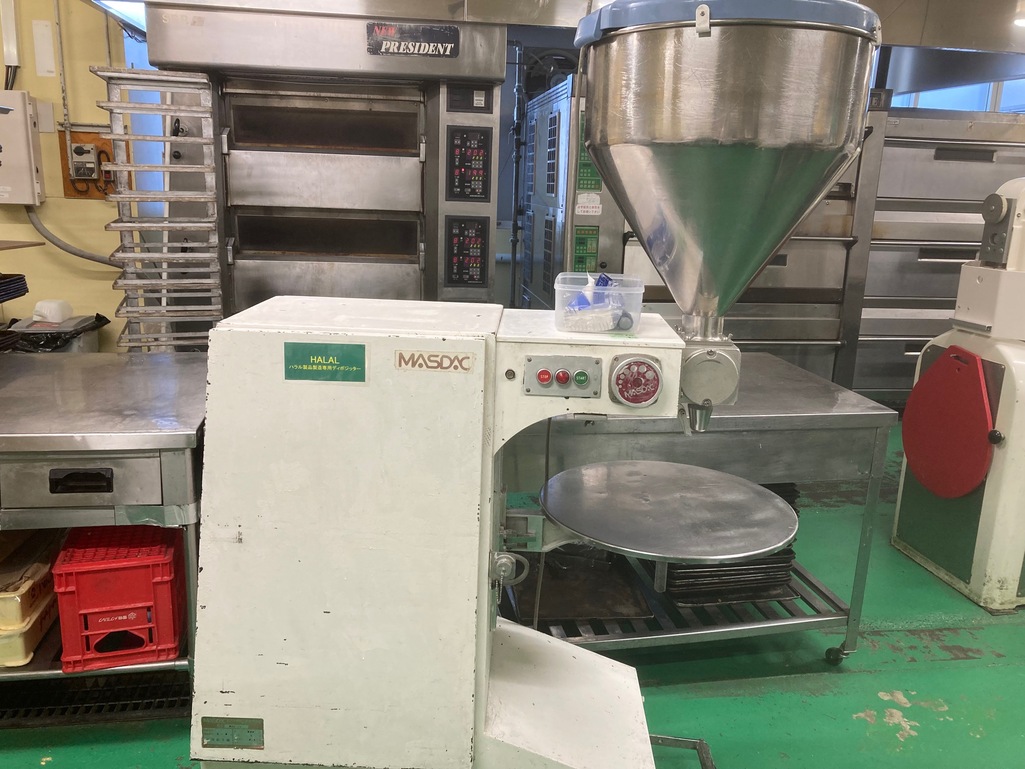
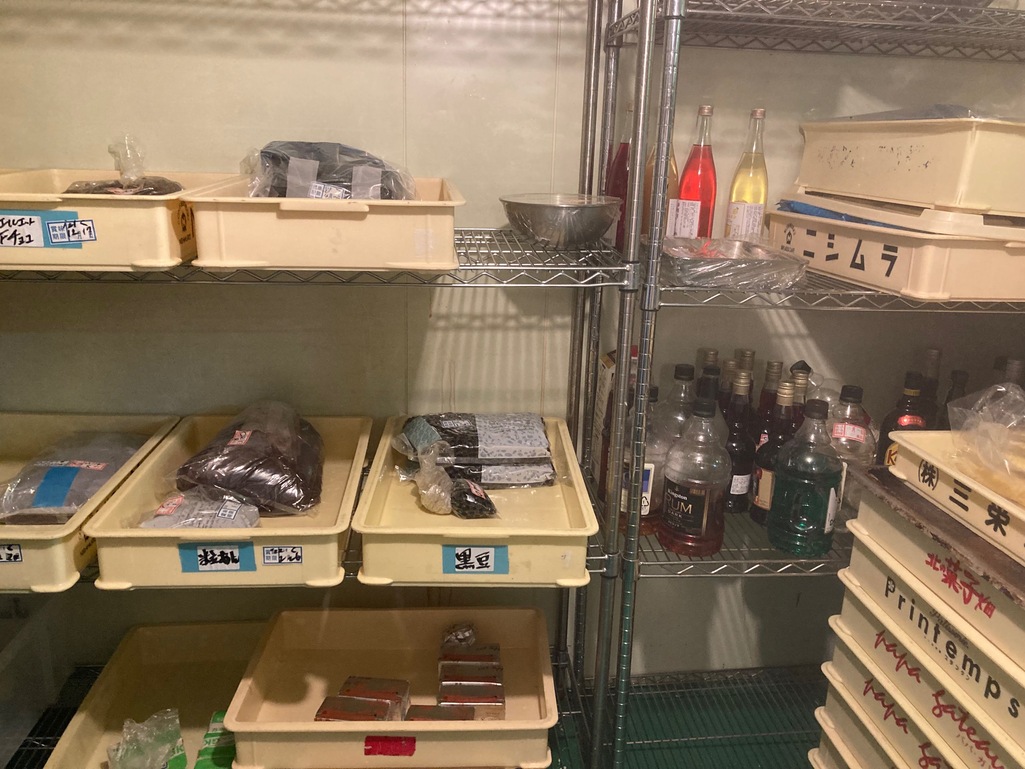
The global market for Muslims is worth an estimated 300 trillion yen, some even predicting that it will reach 1,000 trillion yen by 2030.
In Japan, on the other hand, with its declining population, the domestic market will shrink year by year. NAHA has set our goal to generate 2% of the country’s GDP in the Halal industry by 2025.
To achieve this, many Halal Made-in-Japan Products must reach global consumers to build the brand. Thus, we are working towards getting 10,000 Japanese companies to be Halal-certified.
Halal certification is a ‘passport for business’ in the Islamic market. We would encourage people to become certified by learning more about the Halal certification system— a vast market lies beyond that.
NAHA supports Japanese companies in entering the Halal market through free study sessions.
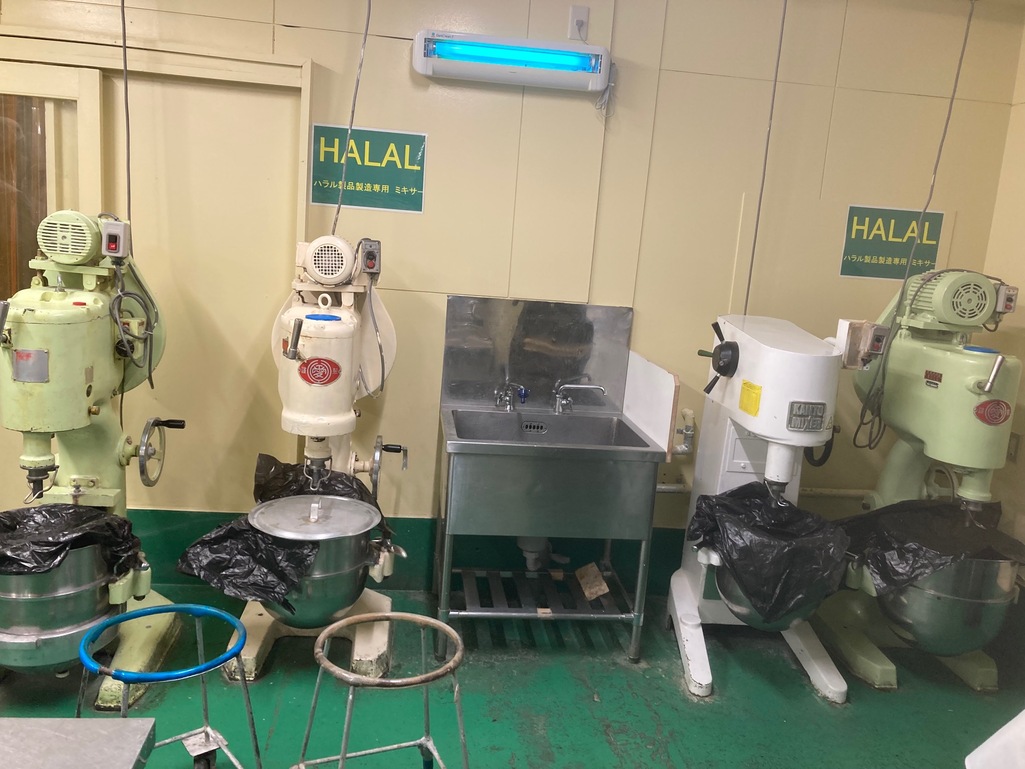
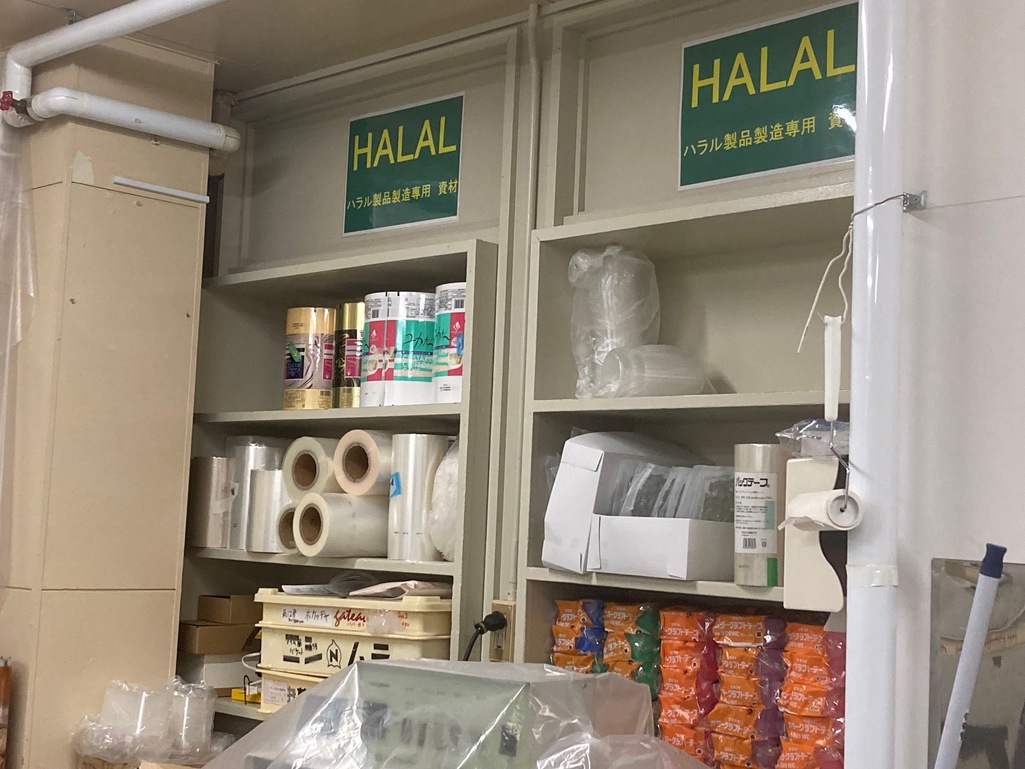
I believe that 90% of Japanese products can turn into Halal. The world recognises the high quality of Japanese products. By encouraging Japanese companies to be certified Halal, I wish to widely distribute the wonderful Made-in-Japan products to the Muslim market.
In addition, Japan has Washoku (Japanese food), which has become a world heritage asset. When travelling abroad, many people look forward to the local food. However, most Japanese food is not Halal-certified. Muslims, who account for 25% of the world’s population, are thus missing out on the travelling pleasures.
You can find lots of delicious sushi, sashimi and other Halal Japanese food. I want to make Japanese food a true world heritage through Halal awareness-raising activities.
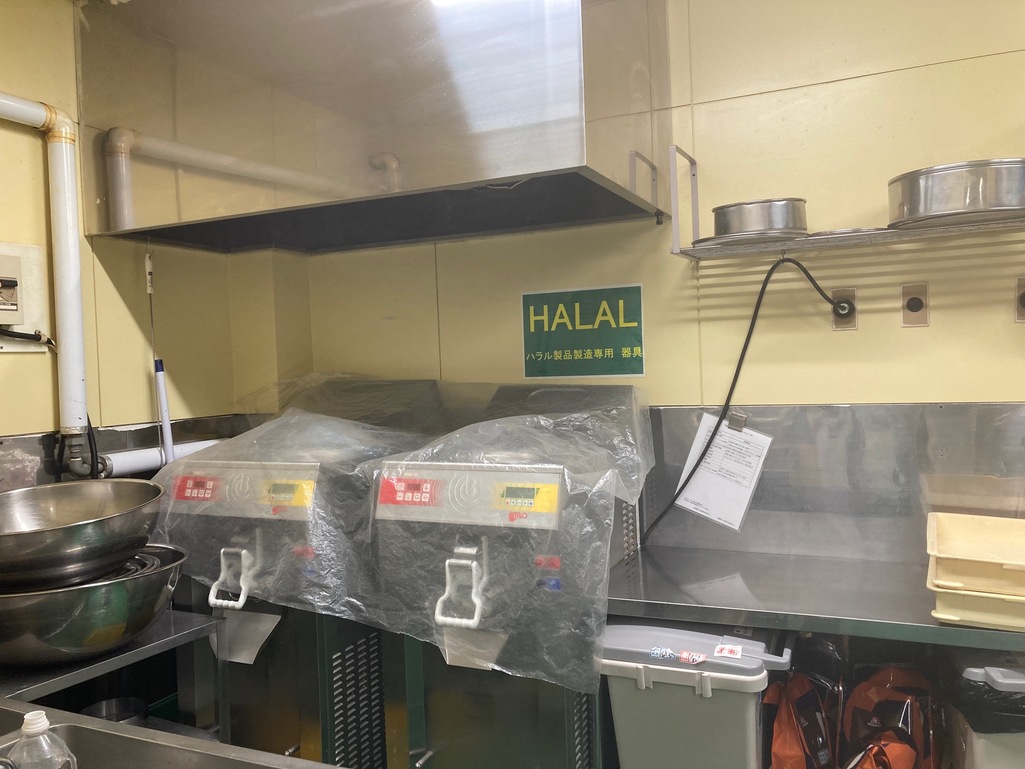
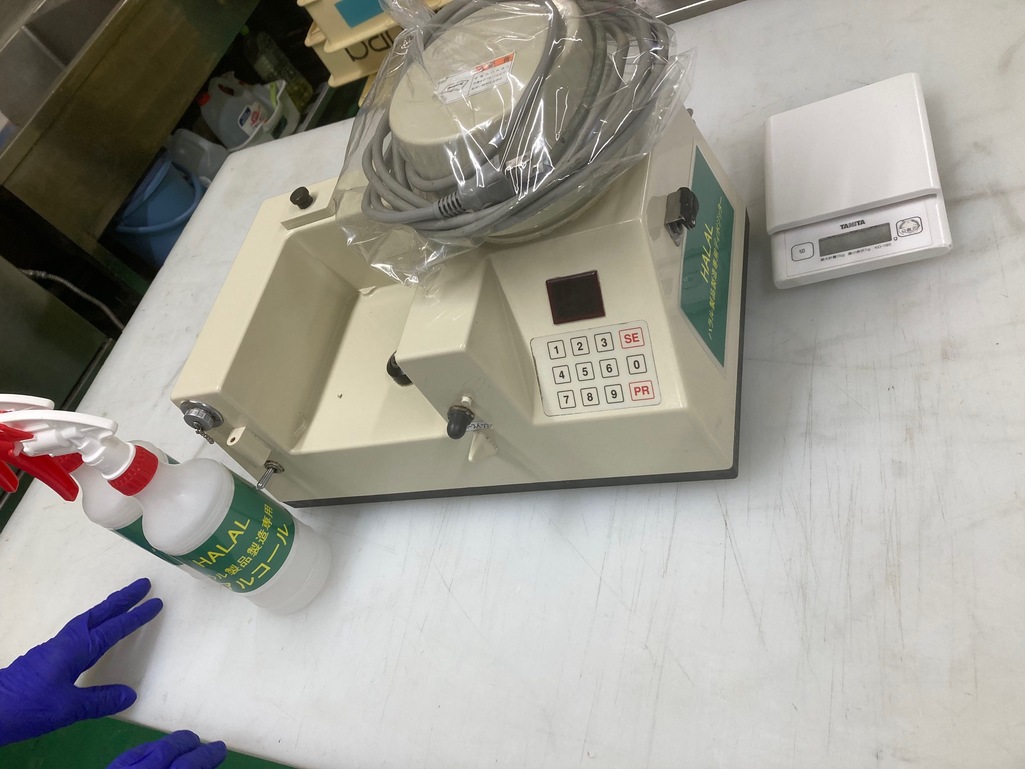
In our early days, we issued certificates as long as they met the criteria in our audits. Unfortunately, we often heard people say: “We did get Halal certification, but we stopped because the product wasn’t selling well”. Before we conduct any audits, we now work closely with our clients on the need to obtain certification.
Clients hope that Halal certification will help them sell more products. But being certified does not automatically mean that the product will sell. Establishing sales routes is essential. Of course, you also need promotion and marketing efforts to highlight the product’s appeal.
Nowadays, when we receive an application, we usually start by holding meetings with the client. If they did not yet decide where to sell, we advise them to build their business in the Halal market before certification.
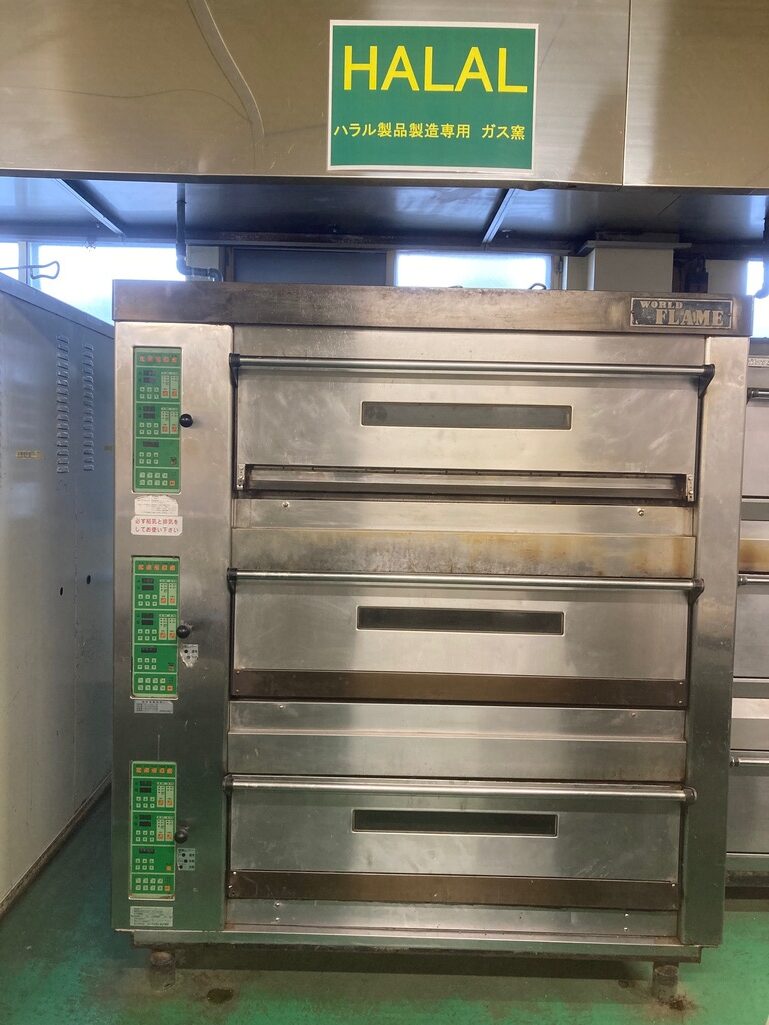
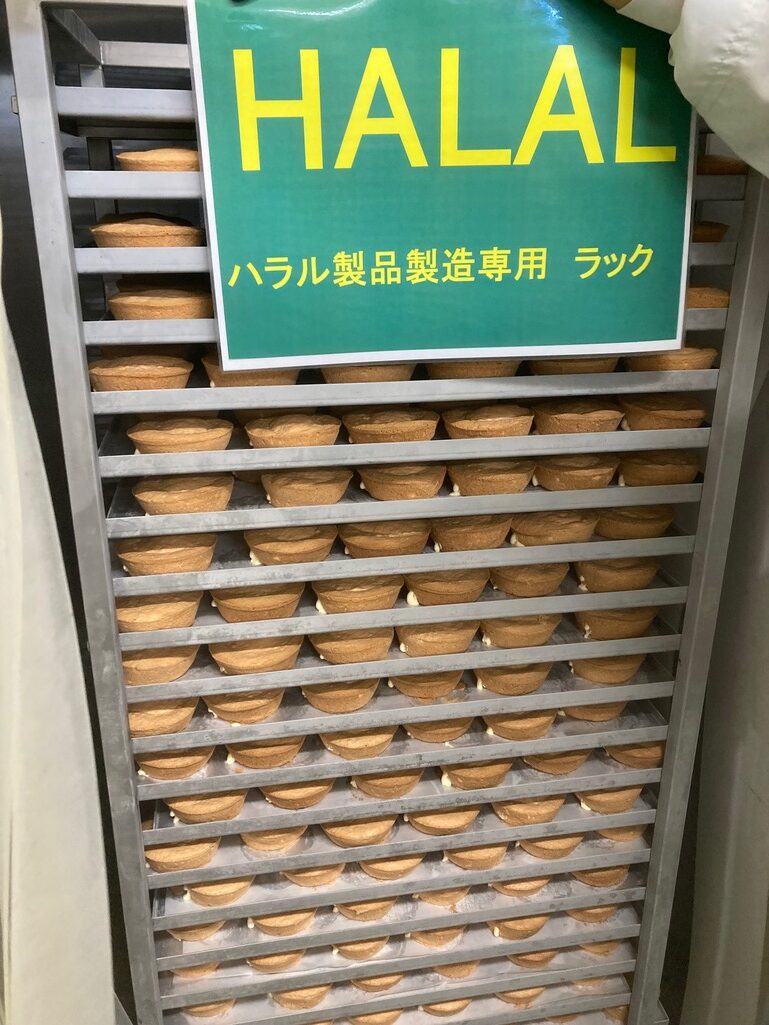
It is estimated that nearly 200 Halal certification bodies exist worldwide, so “Which certification should I get?” is a question we often hear. Halal is based on the teachings of the One-and-Only-God Allah. As such, the guarantee of halal-ness is the same no matter which institute you choose.
In making that choice, quality of service becomes a key factor. If services of the certifying body are poor, you can simply go elsewhere, but it will cost you a lot of time and money.
What I really want to avoid is to see companies stopping their Halal initiatives after they already start. At NAHA, we highly value the spirit of service to ensure our customers are satisfied.
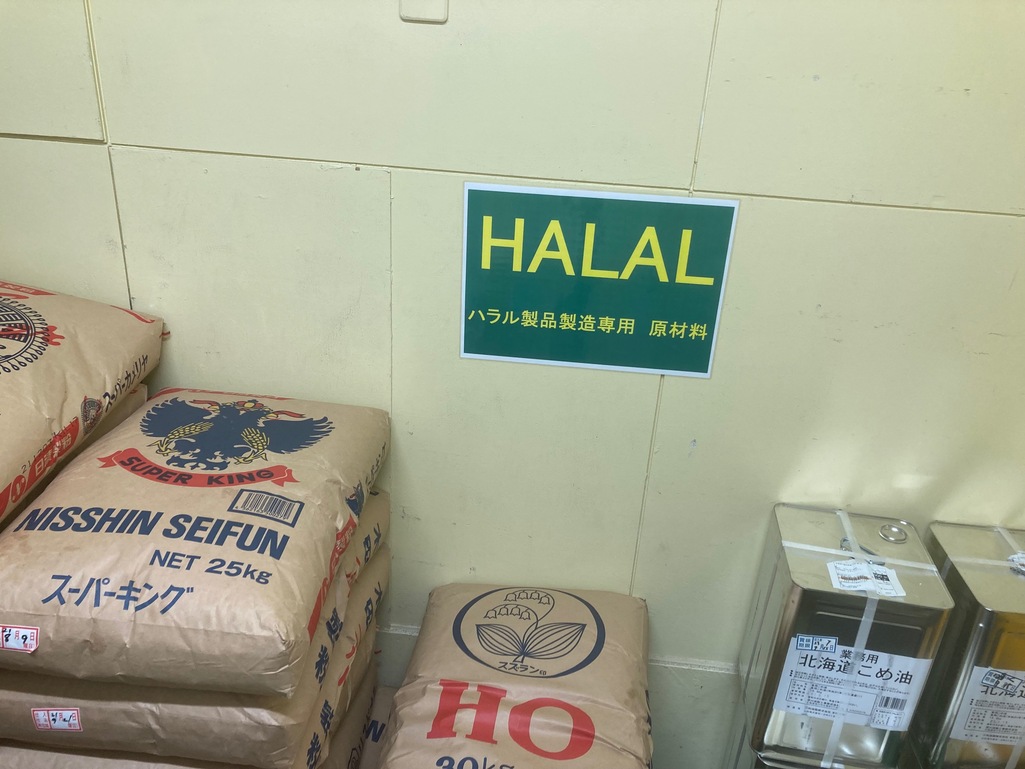
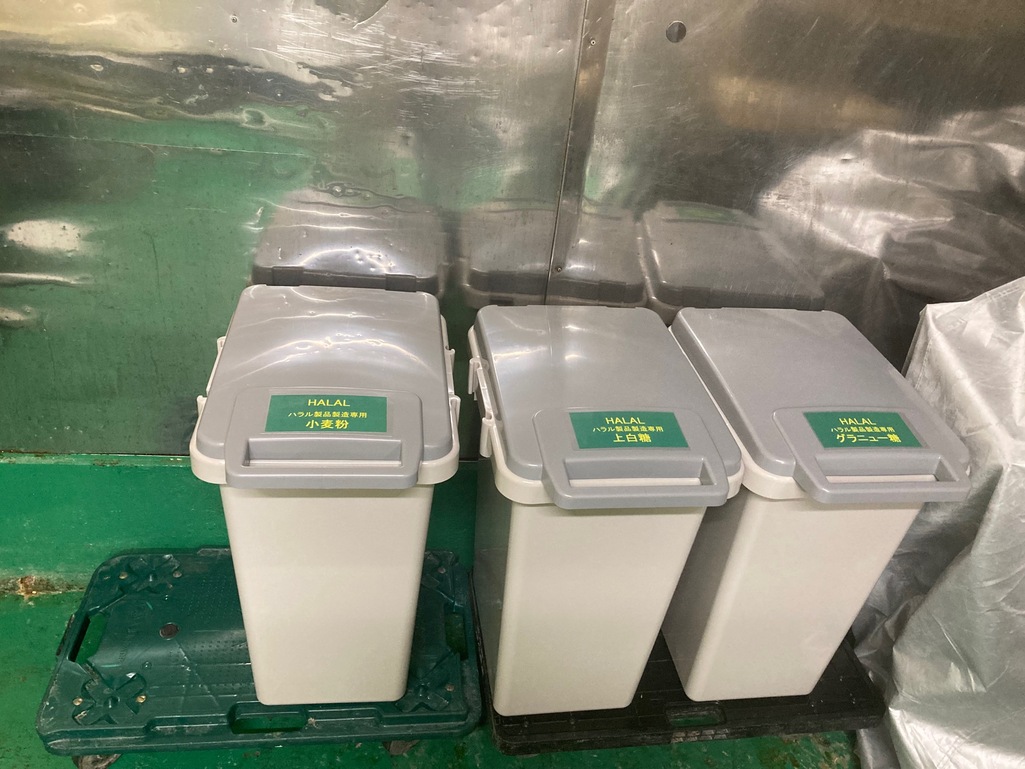
The association provides high-quality services while making the Halal certification process simple and straightforward at a reasonable cost. We have several Islamic and food experts on our team.
Since we aim to issue Halal certification for many more products, our fees remain the same, regardless of how many products the company have. Any additional certification is free, as long as the product is made on the same production line, using the same materials as those in the certified product. Even if the materials or the factory changes, we provide additional certification at a low cost.
As I struggled with food in my years as an international student, we provide free audits and certifications for university canteens. The same applies to national institutions, also free of charge. We do not charge for transport either unless they are located far away.
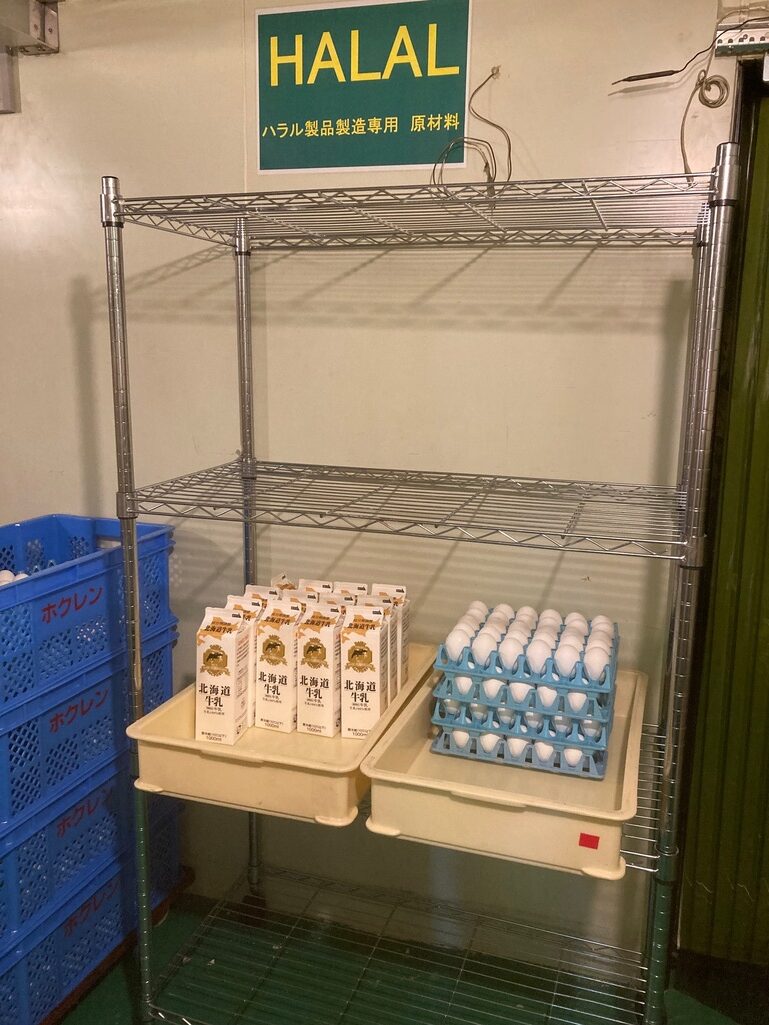
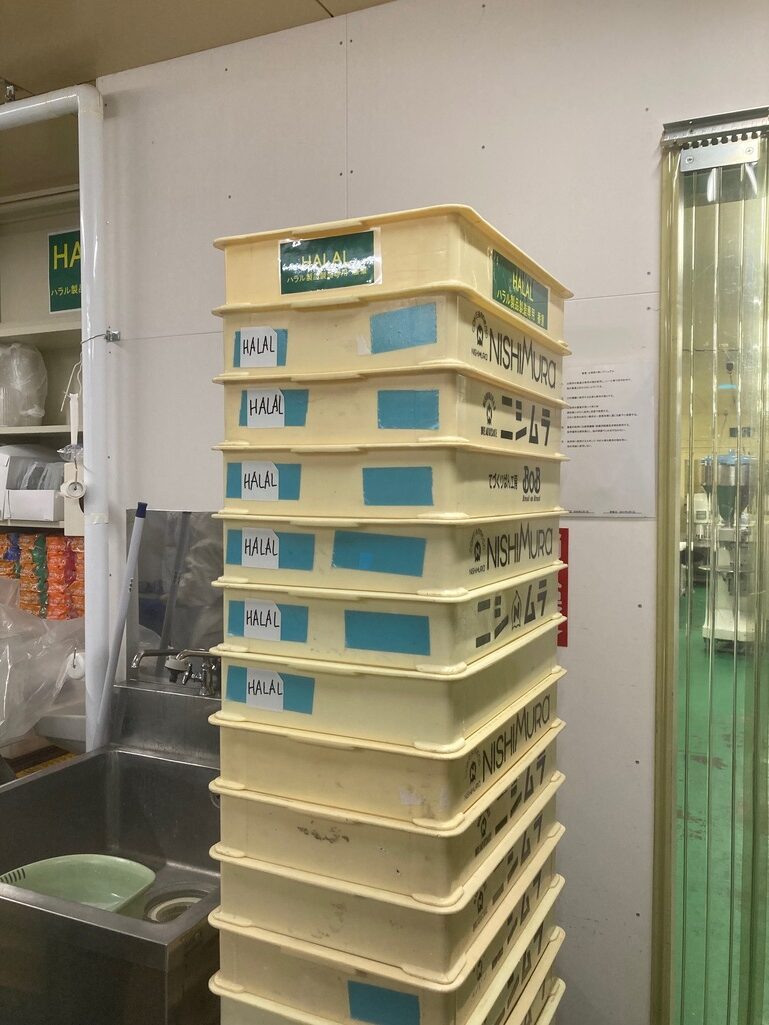
For non-Muslim Japanese, there are many things they may not know about Halal certification and Islam.
They often get confused with standards such as ISO. For example, some have asked us in the past if they can get ‘Halal certification’ for products like ‘liquor’ (alcoholic beverage) and ‘toilet bowl’.
As you know, liquor is haram, so certification is out of the question. Meanwhile, toilets don’t need to be certified because there is no halal requirement for them in the first place. We meticulously respond to such enquiries.
We would like Japanese companies to consider Halal certification not as a ‘religion’ but as an ‘infrastructure’ for their business. Think about “Who you sell your products to?”, then if necessary, why not become Halal-certified?!
< Business Profile >
Company name: Nippon Asia Halal Association
Head office: 5F CICC Bldg., 2-6-2 Matsunami, Chuo Ward, Chiba 260-0044
Business profile: Issuance of Halal certification
Official HP: Nippon Asia Halal Association (JAP)
Related Article:
Malaysian-Japanese join hands to give Japan the best of Malaysia/Figurative Japan
We have a network of Japanese companies keen to expand into the Halal market in Malaysia & Indonesia.
If you are interested in connecting with sustainable technology companies in Japan, simply JOIN the network from below. We will match the right one for you!



